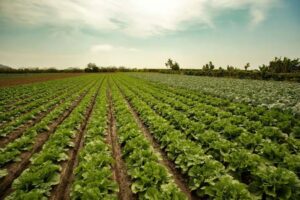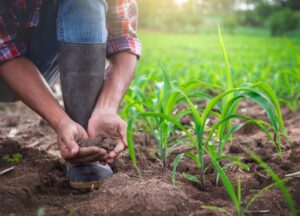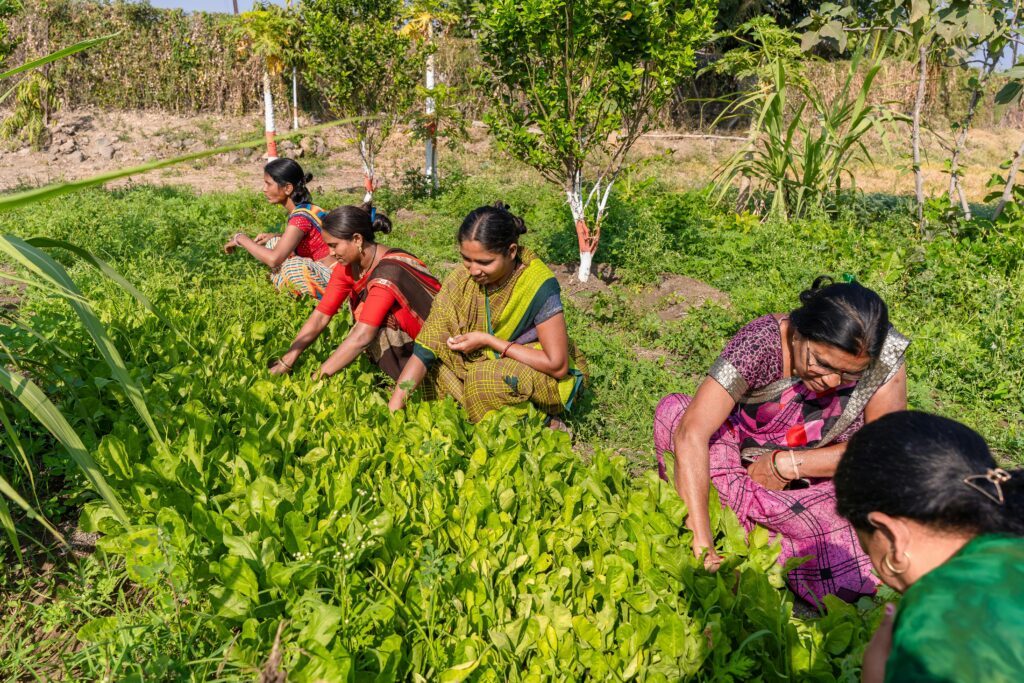As global populations rise and environmental concerns intensify, sustainable farming emerges as a pivotal solution to ensure food security while preserving our planet. This guide delves into the essence of sustainable agriculture and its significance for the future.
What is Sustainable Farming?
Sustainable farming refers to agricultural practices that meet current food needs without compromising the ability of future generations to meet theirs. It emphasizes environmental health, economic profitability, and social and economic equity. Key principles include:
-
Soil Conservation: Maintaining soil health through crop rotation and organic fertilizers.
-
Water Management: Efficient use of water resources to prevent wastage.
- Biodiversity: Promoting a variety of species to enhance ecosystem resilience
Benefits of Sustainable Farming
Embracing sustainable agriculture offers numerous advantages:
-
Environmental Protection: Reduces pollution and conserves natural resources.
-
Economic Viability: Enhances farm profitability through efficient resource use.
-
Social Responsibility: Supports local communities and promotes fair labor practices.
Implementing Sustainable Practices
Transitioning to sustainable farming involves:
-
Organic Farming: Avoiding synthetic chemicals in favor of natural alternatives.
-
Agroforestry: Integrating trees and shrubs into crop and animal farming systems.
-
Integrated Pest Management (IPM): Combining biological, cultural, and mechanical methods to control
Challenges and Solutions
While sustainable farming offers numerous benefits, challenges persist:
-
Initial Costs: Transitioning can require significant investment.
-
Knowledge Gaps: Farmers may need training on new practices.
-
Market Access: Finding markets for sustainably produced goods can be difficult.
Solutions:
-
Education and Training: Providing resources and workshops for farmers.
-
Policy Support: Government incentives and subsidies for sustainable practices.
-
Community Engagement: Building local networks to share knowledge and resources.
The Future of Farming
Sustainable farming is not just a trend but a necessity. As we face climate change and resource depletion, adopting sustainable practices ensures long-term food security and environmental health. By supporting sustainable agriculture, we invest in a resilient and equitable future for all.




